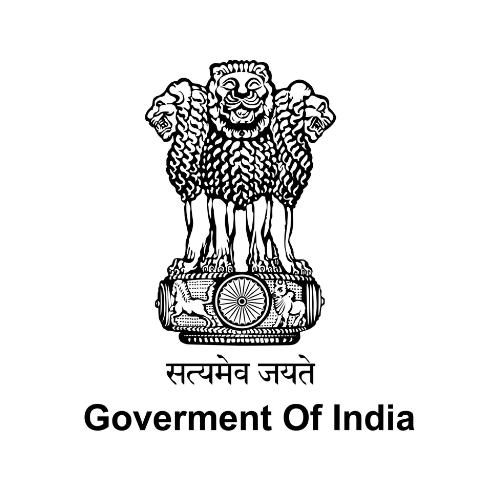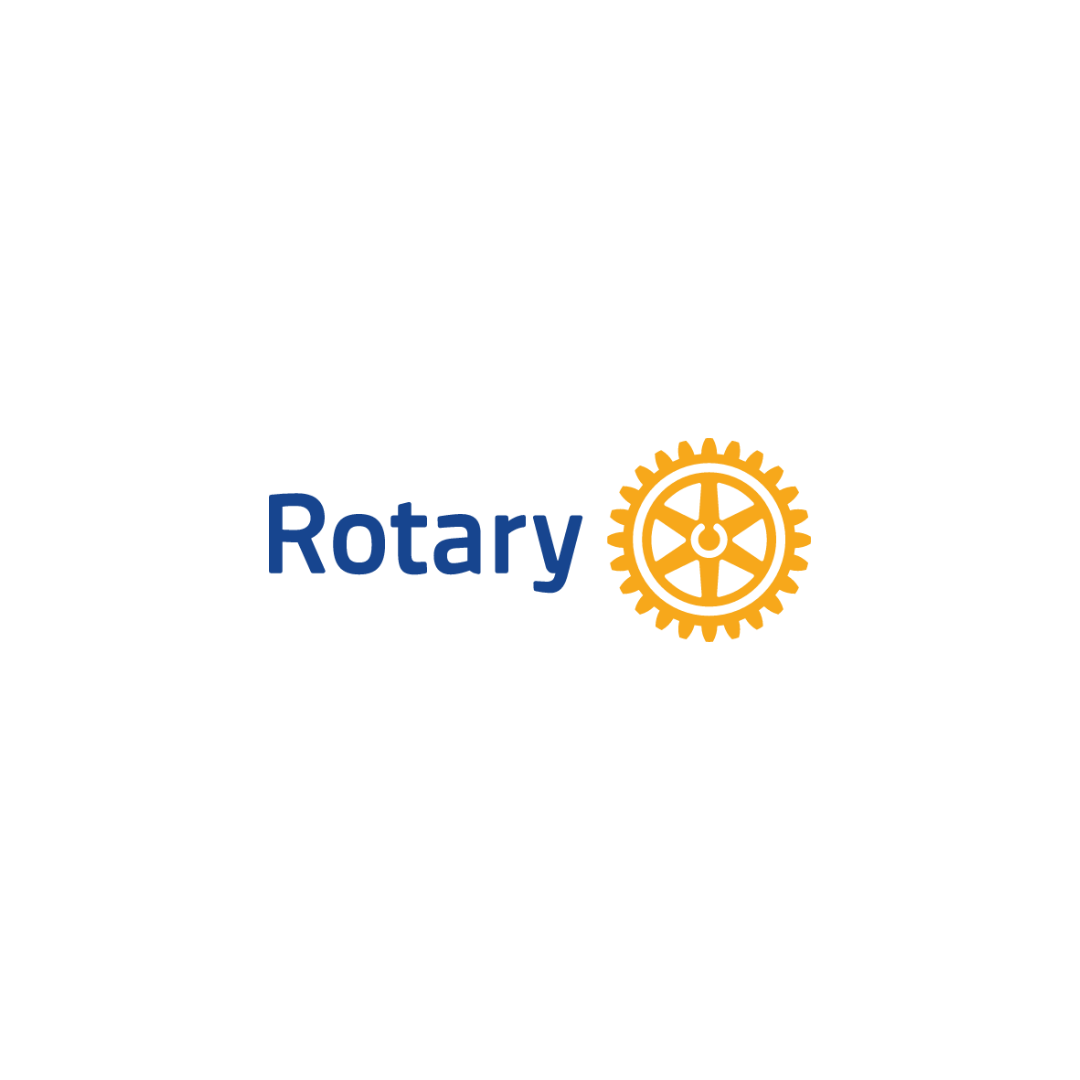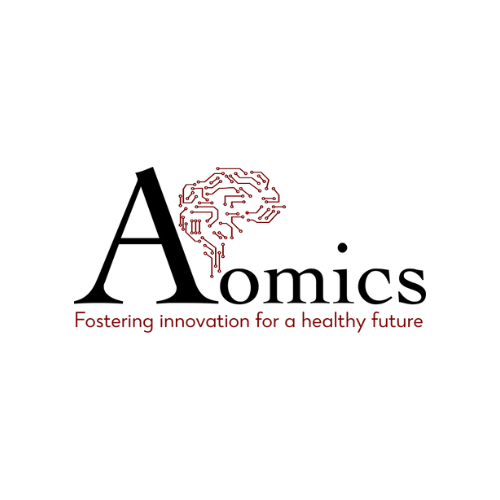Our Projects
Accomplished Projects

Predicting the Evolution of Deforestation in a Spatial Zone
With funding from Google AI, we partnered with Moja Global and Makerere University to predict deforestation's evolution in a spatial zone. To achieve this, we used machine learning techniques such as time series forecasting and Long Short Term Memory (LSTM) on satellite images and ground reports collected by Makerere University. We aimed to provide the stakeholders with better insights to make informed policy choices regarding climate change. By leveraging our expertise in machine learning and data analysis, we made a positive impact in addressing deforestation and promoting sustainable land use.

Machine Learning based Air Quality Forecasting in Delhi-NCR
In collaboration with Prof. SN Tripathi of IIT Kanpur and the National Clean Air Programme (NCAP) of the Ministry of Environment, Government of India, we developed a machine learning model to predict levels of pollutants such as PM2.5 and PM10 over time and space in Delhi-NCR. Using time series forecasting and Long Short Term Memory (LSTM) techniques, our model incorporated various data sources, including weather and traffic. This model is expected to aid in devising policy interventions to protect citizens' health from the harmful effects of poor air quality.

AI-based Monitoring and Response System towards COVID-19
We used Twitter data to study the surge in hospitalization volumes due to the COVID-19 pandemic. Our work was focused on India, Indonesia, and Bangladesh for the scope of this study, with plans to extend this approach to other geographies in South-East Asia. The aim was to identify incidents of overcrowding at hospitals, shortage of critical equipment like ventilators, and lack of available ICU units. This system can help understand the medical preparedness levels of the health facilities in these countries and the burden on their hospitals as the pandemic spreads.

Administration of Unnaticraft's sales and Digitalization of Education for the Underprivileged
With the Navjyoti India Foundation, our work was centred on the online platform known as Unnati Craft, which provides assistance for over 1200 female craftsmen. Our team suggested an inventory-based model with scaling up tactics, platform UX/UI enhancements for a better user experience, and an emphasis on corporate and government programmes like GeM, which help underprivileged craftsmen. After doing a SWOT analysis, we also recommended four learning management systems. To support and oversee more than 27,000 students as part of Navjyoti's upskilling project, one of these platforms was chosen.

Business Model for a Social Ecommerce Platform for Service Industries in India
Our team worked on market size estimation, customer acquisition strategy, and a 5-year revenue model for Recko's mobile application. This work was instrumental in the client's pitch deck for securing seed funding for their start-up. The insights gained from our analysis were helpful in Recko's customer acquisition strategy, allowing them to target potential customers in Bangalore more effectively. Our insights were also used to develop a tailored marketing plan and enabled Recko to make informed decisions about its growth strategy and investments.

Lead Scoring and Course Recommendation Strategy
Our task was to reduce customer acquisition costs by prioritising the marketing efforts toward candidates with a high Lead scoring probability. Keeping this in mind, we built a machine-learning-based customer priority model to prioritise marketing efforts toward customers with the highest probability of conversion. This was followed by a course recommendation strategy for curated selling of online courses to target customers (using natural language processing).

Improving the GFS weather Forecasts for Mitigating farmer risks in Agriculture
Our objective was to support Weather Risk Management Our objective was to support Weather Risk Management Services Pvt. Ltd. in providing effective crop management solutions for farmers. By improving the accuracy of weather forecasts (temperature, rainfall, and humidity), we aimed to help the company minimize farmer risks and increase productivity. Our team trained machine learning models on historical weather data, which were then used to predict future weather conditions with greater accuracy and precision.Services Pvt. Ltd. in providing effective crop management solutions for farmers. By improving the accuracy of weather forecasts(temperature, rainfall, and humidity), we aimed to help the company minimize farmer risks and increase productivity. Our team trained machine learning models on historical weather data, which were then used to predict future weather conditions with greater accuracy and precision.

Enhancing Fundraising and Organizational Efficiency of nascent NGO
Titli Foundation's mission is to break the taboo and promote awareness around menstrual health, providing support to women and girls through education, access to hygiene products, and healthcare services. Through a collaborative partnership with ICG, several issues have been addressed, such as consistent funding for fundraising, providing monetary rewards for volunteers and management personnel, and developing a centralized volunteer management system. Additionally, a six-month strategy has been established for Titli's entry into e-commerce. This collaboration seeks to empower women's health by addressing critical issues and providing necessary resources to support Titli's mission.

Mitigating the Risk of Recurrence of Polio Disease in India
This project was carried out with help from Rotary India to identify regions in India which are at a high risk of recurrence of polio disease. This was followed by a resource allocation model to help Rotary with its mitigation efforts towards combating polio recurrence in India. The project was presented at Summer Research Seminar, The University of Tokyo and the research manuscript is under review for publication in relevant conferences.

Food Calorie estimation using Deep Learning
In order to develop a special function for their health-tracking app that calculates the nutritional value of a meal based on an image of the ingredients, we worked with Zivov on a project. This was achieved by use of a two-step procedure. The food was initially widely categorised using a Conv-Net, and then its size was estimated using region proposals in the second step.

Machine Learning based Air Quality Forecasting in Delhi-NCR
In collaboration with Prof. SN Tripathi of IIT Kanpur and the National Clean Air Programme (NCAP) of the Ministry of Environment, Government of India, we developed a machine learning model to predict levels of pollutants such as PM2.5 and PM10 over time and space in Delhi-NCR. Using time series forecasting and Long Short Term Memory (LSTM) techniques, our model incorporated various data sources, including weather and traffic. This model is expected to aid in devising policy interventions to protect citizens' health from the harmful effects of poor air quality.

Strategic Analysis for KranionAI's Market Entry
We collaborated with KranionAI, a Canadian Ed-Tech startup, with the aim of assisting their market entry. Our main objective was to implement a comprehensive 5-stage competitor analysis framework, which included the development of excel dashboards and reports. These analyses covered aspects of the competitive landscape, competitor profiles, scorecards, feature comparisons, and assessments of imitability. Through these endeavors, we aimed to equip KranionAI with strategic insights and actionable recommendations to navigate the complexities of the EdTech market successfully.

Developing Strategies to achieve Water Neutrality at IIT Kanpur
The primary objective of the project was to transform IITK into a net-zero water consumption institution, setting a benchmark for sustainability that other institutes can emulate. We analyzed leading sustainable institutes to strategize methods for reducing water consumption, wastage, and extraction at IITK. After securing initial funding of over 25 lakh Rupees from SECI (a PSU), we have floated tenders for deploying a water sensor network across key campus areas. This network will enable the creation of a real-time water dashboard and implementation of sensor-based irrigation systems to conserve water effectively.

Applications of Geospatial Data across 7 sectors in India
In collaboration with the Geospatial Data Promotion & Development Committee (GDPDC) established by the Government of India, we made a report assessing the applications of geospatial data across seven major sectors in India. This involved ideating 21 use cases, mapping them on a 2x2 matrix, and creating an Excel dashboard for scoring based on nine parameters. Each use case underwent comprehensive analysis across six sections, including problem overview, description, geospatial data utilization, beneficiaries involved, proof of concept, and impact. This meticulous approach facilitated informed decision-making for leveraging geospatial data effectively in India's developmental initiatives.

Analysing the med-tech industry and categorising the demand of medical technology in India
In collaboration with Prof. Amitabha Bandyopadhyay of IIT Kanpur and GSMST, this project aims to categorize the demand for medical technology in India and identify feasible equipment, technology, or devices for local manufacturing. By bridging the gap between demand and supply, our goal is to make India self-reliant in medical technology. We conducted research based on AIIMS portal tenders extracted through web scraping and parsing. Additionally, we performed a SWOT analysis of the med-tech industry and examined government reports on disease distribution to identify prevalent diseases in India. Using this data, we analyzed patient's journeys for each disease to identify bottlenecks that need to be addressed.

Predicting Poverty with Geospatial-Driven Machine Learning
Our collaboration with The Center for Developing Intelligent Systems at IIT Kanpur and the Haryana State Government involves utilizing open-source data to construct a predictive model. This model categorizes regions in Haryana into income brackets using machine learning, integrating data from diverse sources such as geospatial databases, satellite imagery, and OpenStreetMap features. Through feature engineering techniques and advanced machine learning algorithms, our model ensures interpretability and robustness. It is expected to aid policymaking by determining eligibility for public benefits services, enabling more targeted assistance for eligible residents.

AI-fying and Digitizing Maternity care in rural parts of India
Our project, in partnership with Care India and funded by Google AI, aims to address the pressing issue of infant mortality in Bihar, where access to proper healthcare is limited, and there is a severe shortage of doctors. To help combat this issue, we are developing an AI-enabled anomaly detection and protocol recommendation system for midwives and nurses, who often lack the necessary resources and training to handle complicated cases on their own. By leveraging AI technology, we hope to provide real-time guidance to healthcare providers in the absence of qualified doctors, ultimately improving health outcomes for mothers and infants in Bihar.

Multi-omics based Disease Detection System for cancer type prediction
Aomics GmbH is a German based healthtech company, specialised in the area of Immunoinformatics and precision oncology by leveraging the power of AI and multi-omics data. ICG is helping Aomics to build a product that predicts which available therapy is best suited for a cancer patient based on their multi-omics data derived from tumour micro environment (TME). We are automating the task of collecting Tumour Micro Environment (TME) data and building machine learning (ML)-based models to train them on the available dataset.

Developing a Sustainable Partnership model for Impactful Skill-training and Education
We were tasked with developing a partnership model for Navjyoti India Foundation, which provides education and skill training. Our first step was to study successful partnership models globally and map them against various indicators. We aim to develop a low-cost, high-impact, scalable, and sustainable model that aligns with Navjyoti's goals. Additionally, we will work on creating a data management dashboard and devising entrepreneurship training strategies.

Connecting Ambulances with remote Health Centers
Along with Prof. Priyanka Bagade (Department of Computer Science & Engineering), the ICG team is working on connecting patients in ambulance with remote health centers to provide urgent assistance. We are developing a system that can provide the patient's health information to the doctors in the real-time. We believe that the medical assistance given at the right time can save millions of lives. Tackling with the network and energy issues, we are researching for a state-of-art solution for this problem.

Benchmarking the levels of Carbon Neutrality on campus
This project, led by Professor Anubhav Goel, is focused on analyzing the Energy Consumption trends on the IITK campus. The project entails, in general, cleaning the readings from the meters in the campus' academic buildings and offices in order to determine the Energy Performance Index, degree days for heating and cooling, etc. By considering factors such as the building's operations, working hours, occupancy, and HVAC systems, it is feasible to examine the trends of the past two years.

Protocol and Dashboard Development
CIEI is a non-profit organization in India that promotes innovation and entrepreneurship through collaboration among entrepreneurs, investors, and stakeholders. Our team is working with the government and CIEI's think-tank to develop protocols and a dashboard for confidential products. This project aims to streamline the product development process and provide valuable insights to decision-makers.

Developing Technology to Monitor and Predict Air Quality
Led by Professor SN Tripathi, this initiative displays data on PM2.5 levels from low-cost sensors in Bihar and Lucknow through a user-friendly dashboard on the AATMAN government website. The second phase uses machine learning to estimate future PM2.5 concentrations, modifying existing models for accuracy and speed. The goal is to ensure reliable anticipation of future PM2.5 concentrations in these areas.

Improving Education for the Autistic using tech driven solutions
Sense Kaleidoscopes is a company with a mission to develop a curriculum for the neurodivergent, which will alleviate the undue pressure put on them in a normal schooling environment. ICG has been helping them scale up by tapping into possibilities offered by technology. Our work also involves a market and cost analysis to aid them in pitching their ideas for expansion to potential collaborators.

Enhancing customer engagement in healthcare industry with AI-driven solutions
In collaboration with Noora Health, we aim to streamline their paper-based records into a digital format, leveraging tools such as Google's Gemini and other cloud-based solutions. Our approach has established a robust system for digitizing records, ensuring seamless accessibility and reliability. Additionally, we've utilized Streamlit to enhance the presentation of our solution with an intuitive interface. In the ongoing phase, we're implementing a Response-Aware Generation (RAG) model to address customer inquiries efficiently. By translating queries and generating accurate responses from a vast FAQ repository, our initiative aims to enhance customer engagement and satisfaction with personalized assistance tailored to individual needs.



















